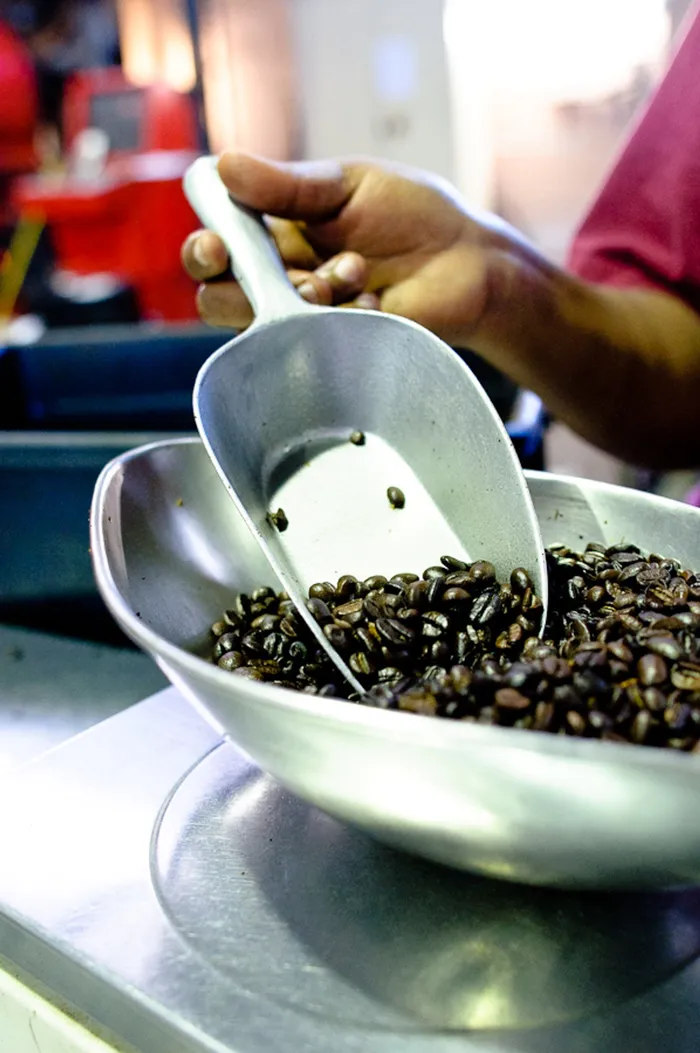Bid to transform KZN's South Coast into a coffee production hub

The Ugu District Social Compact, which was signed recently, is aimed at turning the South Coast into a hub for coffee production and investment.
Image: File
Billions of rand worth of coffee is imported into South Africa each year, but KwaZulu-Natal is now backing local farmers to change that, with the signing of a social compact aimed at turning the South Coast into a hub for coffee production and investment.
In September, KZN MEC for Economic Development, Tourism, and Environmental Affairs, Musa Zondi launched the KZN Economic Roadshow at the Ugu Sports and Leisure Centre.
The programme, aligned with the Provincial Reconstruction and Transformation Plan, brings government, labour, business, and civil society together in a pledge to revitalise the local economy, unlock agricultural growth, and create sustainable jobs.
As part of the programme the Ugu District Social Compact was signed. The agreement represents a collective commitment to revive coffee farming in the region by encouraging smallholder farmers to plant trees and participate in the value chain.
“Coffee, unlike traditional crops, thrives on smaller parcels of land, making it well-suited to rural development farming models,” said Dr Vusumuzi Sibiya, CEO of South Coast Tourism & Investment Enterprise (SCTIE).
“Through this Ugu District Social Compact, we are strengthening our partnerships to encourage communities to grow, process, and invest in coffee farming, creating sustainable livelihoods and positioning the KZN South Coast as a leading agri-investment destination.”
He added: “On the KZN South Coast, we already produce world-class coffee that is transported across the country, with beneficiation throughout the value chain. The Ugu District Social Compact is an important step to strengthen this sector. With the right conditions and support, coffee doesn’t require a large landholding; our climate and soils provide the perfect foundation for small-scale, high-value farming.”
Two established players, Beaver Creek Coffee Estate in Port Edward and Mpenjati Coffee Farm, both feature on SCTIE’s Agri Tours, which promote agri-investment through tourism.
Beaver Creek Coffee Estate, South Africa’s longest-standing coffee farm, is part of the RedBerry Coffee Collective, which has partnered with vida e caffè to supply locally grown RedBerry coffee in stores across KwaZulu-Natal.
“Coffee demand globally is rising, and South Africa can play a much bigger role in meeting that need,” said farmer Dylan Cumming of Beaver Creek Coffee Estate and co-founder of RedBerry Coffee Collective.
“The signing of this social compact is a milestone for rural development. Coffee is an inclusive sector where small growers are central, making it a catalyst for agrarian reform, value creation, and job creation. Through strong public–private partnerships, we can build a coffee value chain that not only attracts investment but also creates lasting opportunities for rural communities and positions South Africa as a serious player in the global coffee market,” he said.
Mpenjati Coffee Farm, the largest in the country at 55 hectares, is run by Des and Leigh Wichmann. The farm produces single-origin beans, offers processing tours, and runs a roastery supplying outlets nationwide.
“We import approximately R2.5 billion worth of coffee each year, which bypasses local communities,” said Wichmann. “We believe there’s a revolution brewing, built on empowerment and growth. By supporting smallholder farmers with seedlings and a guaranteed market, we can transform backyards into thriving farms and build a vibrant coffee economy that could create 50,000 jobs within the next 10 to 15 years.”
Wichmann added: “We are transforming coffee from a commodity into a catalyst for positive economic change, ensuring that every cup poured contributes to a more prosperous and equitable South Africa.”